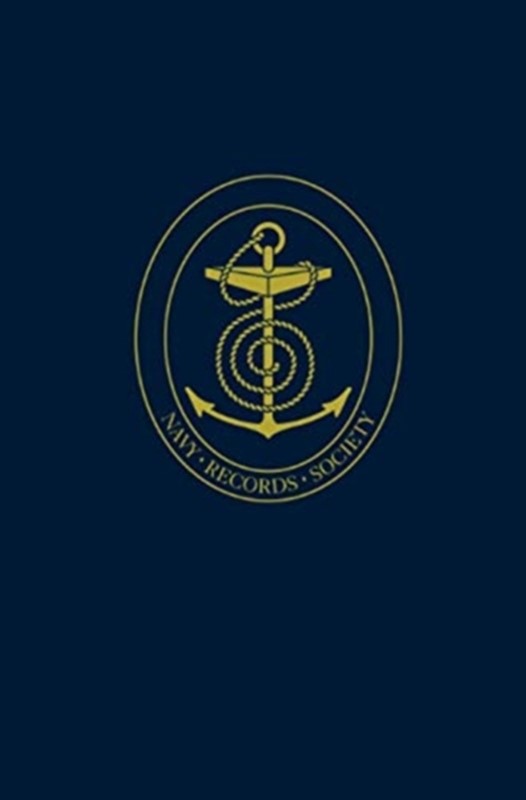The Keith Papers - Christopher Lloyd - Bog - Navy Records Society - Plusbog.dk
George Keith Elphinstone, Lord Keith (1746-1823) was a Scottish naval officer who entered the navy as a penurious midshipman towards the end of the Seven Years War. He had a long career at sea, during which he missed taking part in any major battle, but held major commands throughout the Revolutionary and Napoleonic Wars (except 1807-1812). He is chiefly known for his skill in commanding very large fleets, often spread over a very wide area, and for the consequent prize money which made him the richest naval officer of his day. He also gained a reputation for being very keen on acquring it. These three volumes only represent a small fraction of the documents in Keith’s very large personal collection of letter and order books and loose documents in the National Maritime Museum, which occupies 124 foot of shelf space. Keith’s career after the Peace of Amiens was marked by his skill in the complex command of very large fleets. He was disappointed that Nelson was given the command of the Mediterranean, but he was nevertheless the right man to command, between 1803 and 1807, the very large fleet which was assembled in the Channel and the North Sea to repel Napoleon’s invasion threat. His command of detail was formidable. Here his problems were manning and difficulties with Sea Fencibles, convoy and maintaining the blockade of Brest, all of which are well illustrated by documents. Keith retired from active service in 1807, when he married for a second time, but in early 1812 he was appointed, at the age of sixty-six, as Commander in Chief, Channel Fleet. He spent much of the time ashore at Plymouth because of ill-health, but he was again successful at keeping complex operations moving, particularly with operations to support the armies in the Peninsular. There is a final section of documents illustrating the dramatic events surrounding the capture of Napoleon and his banishment to St Helena.



















